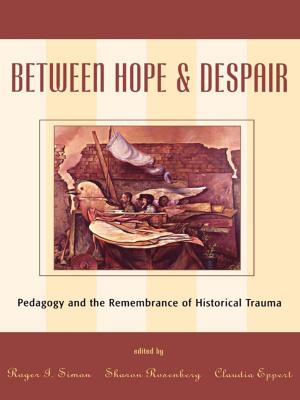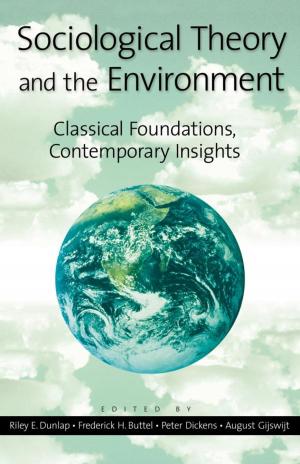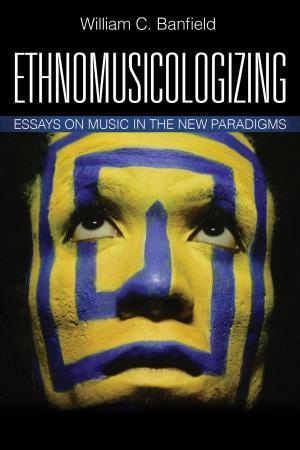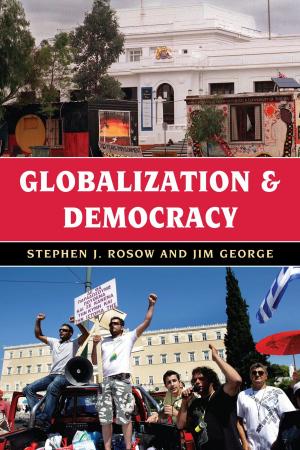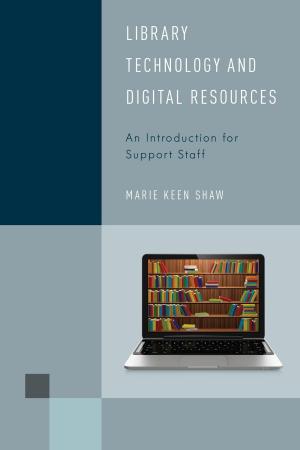Drawing Fire
Investigating the Accusations of Apartheid in Israel
Nonfiction, Social & Cultural Studies, Political Science, International, Social Science| Author: | Benjamin Pogrund | ISBN: | 9781442226845 |
| Publisher: | Rowman & Littlefield Publishers | Publication: | July 10, 2014 |
| Imprint: | Rowman & Littlefield Publishers | Language: | English |
| Author: | Benjamin Pogrund |
| ISBN: | 9781442226845 |
| Publisher: | Rowman & Littlefield Publishers |
| Publication: | July 10, 2014 |
| Imprint: | Rowman & Littlefield Publishers |
| Language: | English |
Benjamin Pogrund, who spent 26 years as a journalist in South Africa investigating apartheid and who has been living in Israel for the past 15 years, investigates the accusation that Israel is practicing apartheid and the motives of those who make it. His study is founded on a belief in Israel, combined with frank criticism, to provide a balanced view of Israel’s strengths and problems.
To understand Israel today, one must first look at the past and so the book first outlines key foundational events to explain current attitudes. It then explores the contradictions found in the region, including discrimination against Israeli Arabs and among Jews, before concluding that it is wrong to affix the apartheid label to Israel inside the Green Line of 1948/1967. It also deconstructs the criticisms of Israel and the boycott movement before arguing for two states, Israeli and Palestinian, as the only way forward for Jews and Arabs.
This detailed and balanced study offers a unique comparison between South Africa and Israel and explains complex political and social situations in language accessible to all readers.
Benjamin Pogrund, who spent 26 years as a journalist in South Africa investigating apartheid and who has been living in Israel for the past 15 years, investigates the accusation that Israel is practicing apartheid and the motives of those who make it. His study is founded on a belief in Israel, combined with frank criticism, to provide a balanced view of Israel’s strengths and problems.
To understand Israel today, one must first look at the past and so the book first outlines key foundational events to explain current attitudes. It then explores the contradictions found in the region, including discrimination against Israeli Arabs and among Jews, before concluding that it is wrong to affix the apartheid label to Israel inside the Green Line of 1948/1967. It also deconstructs the criticisms of Israel and the boycott movement before arguing for two states, Israeli and Palestinian, as the only way forward for Jews and Arabs.
This detailed and balanced study offers a unique comparison between South Africa and Israel and explains complex political and social situations in language accessible to all readers.



